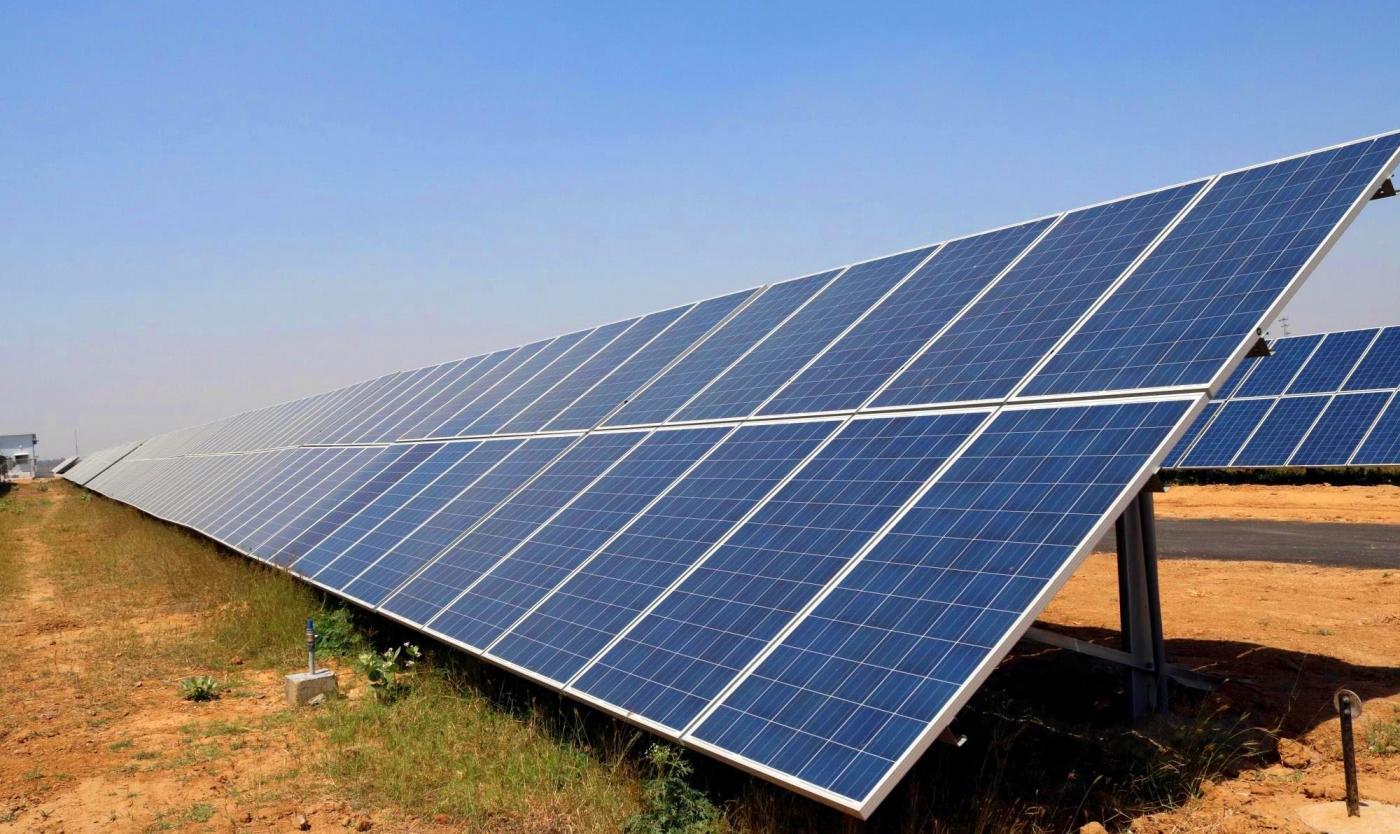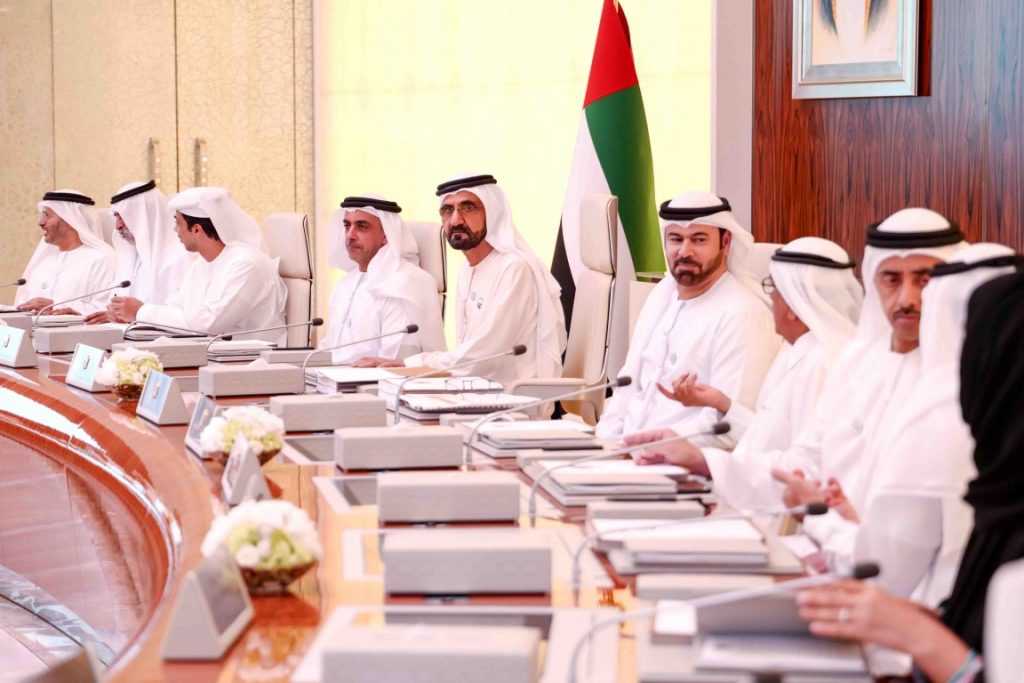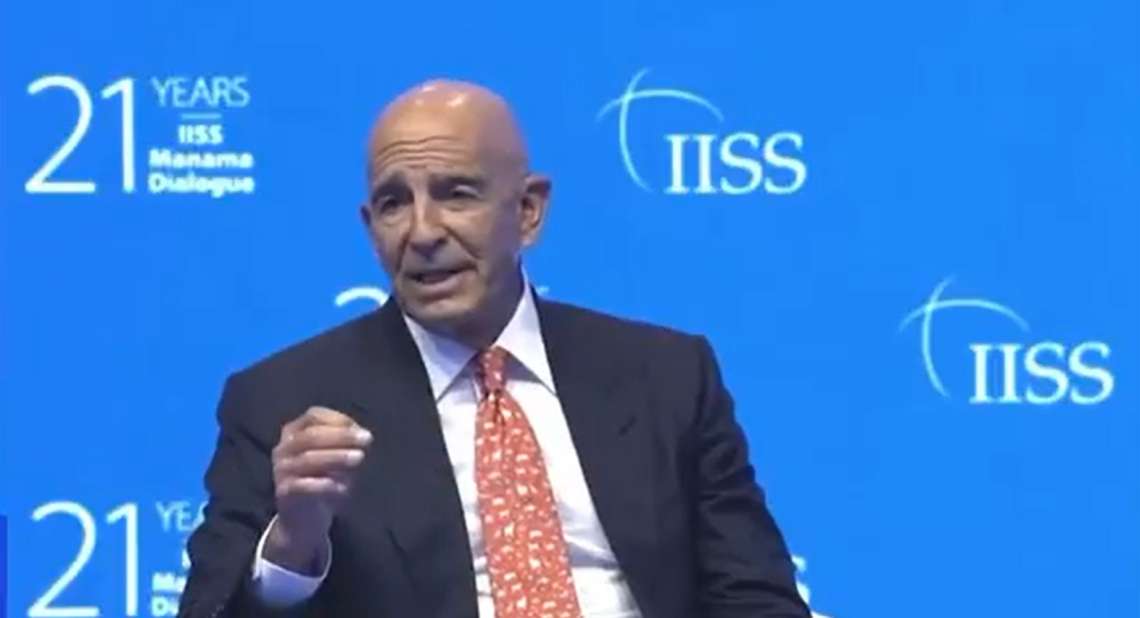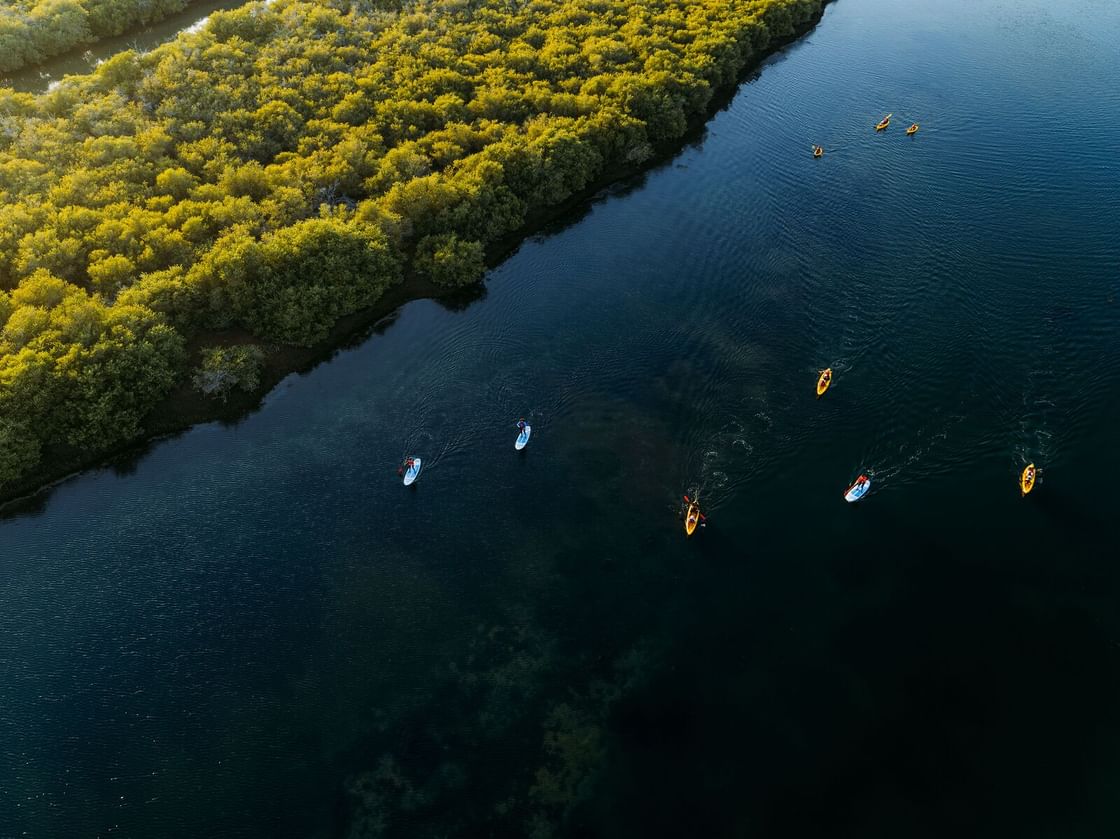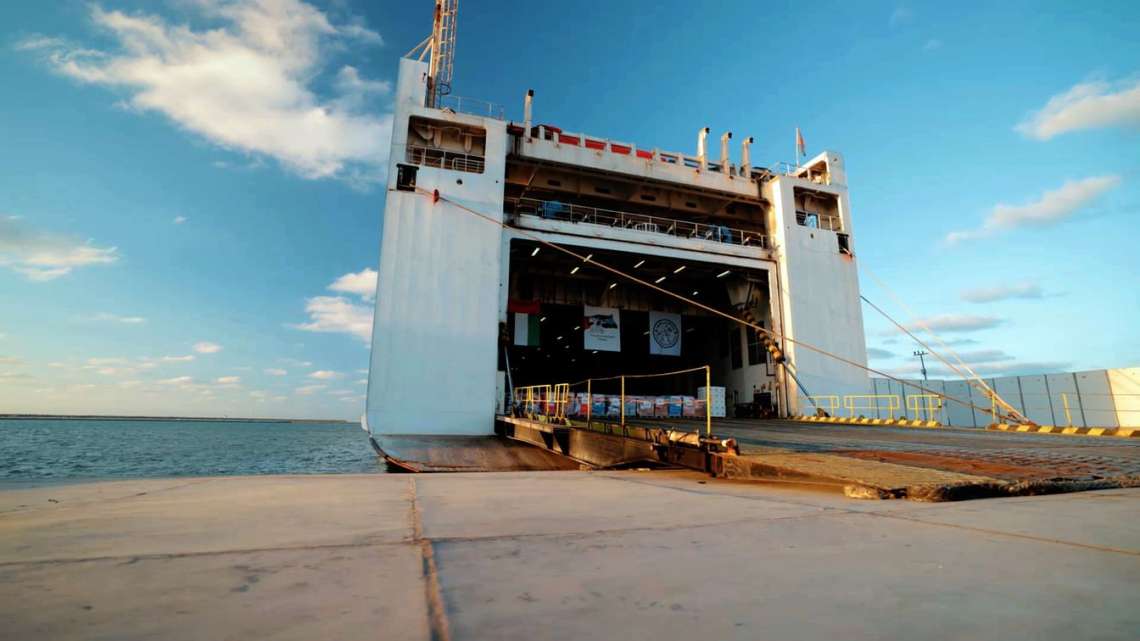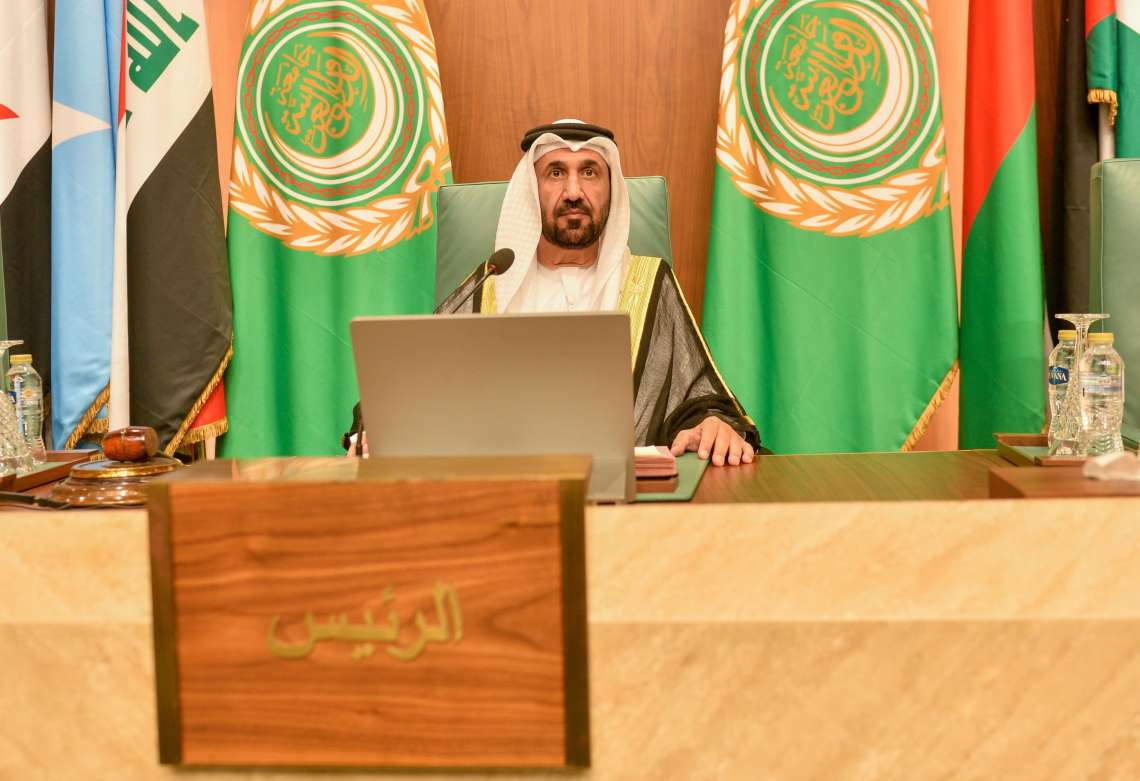India doubled solar installs to 10 GW in 2017-18 and is rapidly up-scaling capacity to strive towards the ambitious and transformational 100 GW of solar by 2022 … reports Asian Lite News.

India is poised to join China as the two global leaders in the renewable energy technology-led transformation, a US-based research institute said on Tuesday.
India doubled solar installs to 10 GW in 2017-18 and is rapidly up-scaling capacity to strive towards the ambitious and transformational 100 GW of solar by 2022, Director of Energy Finance Studies of the Institute for Energy Economics and Financial Analysis (IEEFA) Tim Buckley said.
India’s “scheme for development of solar parks” is becoming a successful model to attract foreign capital, says the report “Solar is Driving a Global Shift in Electricity Markets”.
The world’s largest solar project to-date at 2,225 megawatt (MW) is under construction at the Bhadla Industrial Solar Park in Rajasthan.
This is more than double the largest fully operational solar park in India, that being the 1,000 MW Kurnool Ultra Mega Solar Park in Andhra Pradesh.
The year 2017 saw the commissioning of the world’s largest floating solar project Sungrow’s 40 MW development in Anhui Province in China.
But as an illustration of the rapid scaling up of solar, two 150 MW floating solar projects are due for commissioning in China in 2018.
Given land constraints, India’s new policy target for 10,000 MW of floating solar nationally is a logical and commendable initiative to leverage this new innovation to enhance solar application and value proposition, said the report.
The report details some of the world’s largest utility-scale, concentrated solar power, rooftop solar, floating solar, solar with battery storage projects, corporate renewable power purchase deals and utilities that lead on the renewable energy front.
Bloomberg New Energy Finance reports global solar installations total 98 GW in 2017, 31 per cent more than the previous year.
China installed 53 GW in 2017, over half the global total deployed in 2017.
“As major corporations sign on to such deals, they continue to look to ‘green’ their entire supply chains, many of which sit in emerging markets. This activity helps expand access to capital in markets, which is often a key constraint,” co-author Kashish Shah said in a statement.
India’s National Electricity Plan aims to reduce thermal power from 67 per cent of capacity in 2017 to just 43 per cent by 2027.
Experts say major solar energy tenders are occurring every week in India at prices now consistently 10-20 per cent below the cost of existing domestic thermal power generation and 50 per cent below new imported coal-fired power.
In a major endorsement of India’s solar mission, Tata Power this month embraced renewables as the way forward with a $5 billion plan, like the NTPC.
“Banks clogged with thermal power plant bad debts won’t keep lending to this stranded asset sector; painful for India, but a positive for the transition to renewables,” Buckley told IANS.
Coal plants by NTPC and Adani are being retrofitted with pollution emissions controls and end of life polluters are being shut, 7 GW in the last two years alone.
The largest power plant in India, Adani’s Mundra 4.6 GW import coal plant has been turned off since February 2018, unviable to run along with Tata’s Mundra 4 GW import coal plant, a $9 billion stranded asset.

